The Viager System

The viager system of French house purchase accounts for around 10 per cent of all private property sales in France. Under this system, you, the buyer, contract to purchase the property from the vendor in one of three ways, but do not usually take possession until the vendor’s death.
It might seem astounding but the system helps elderly people, who may be living alone, to realise the value of their house while still alive, and yet remain in their property. It effectively acts as a pension top-up.
The advantage for the buyer is that it offers the chance to pick up a property very cheaply and often in a good area, and with reduced notaire’s fees of only 3 per cent. However, the transaction is essentially a big gamble in that if the vendor lives for a long time, you may not be able to take possession of the property for many years.
The viager system is not a short-term proposition and is primarily suited to institutional investors, high-net-worth buyers looking for somewhere for their retirement, and foreign investors who want a holiday home in France in the medium to long term.
There are three ways of buying a viager property:
* The buyer pays the vendor a lump sum plus a monthly annuity.
* The buyer pays the vendor a lump sum, but no annuity.
* The buyer pays the vendor a monthly annuity only, but no lump sum.
The lump sum is known as a ‘bouquet’.
About 95 per cent of viager properties have tenants – in other words, the vendor lives on the premises until he or she either dies or leaves (for instance to enter sheltered accommodation). About 30 per cent of such tenanted properties become vacant before the death of the vendor, which means the buyer can then live in the property or rent it out to create income.
About 5 per cent of such properties are vacant to start with, enabling the buyer to move in straight away, or rent out the property and use the rental income to fund the monthly payments to the vendor.
Rights and obligations
Buying via the viager system entails certain rights and obligations from both parties.
Effectively, the buyer becomes the new owner on the day the title deeds are exchanged. He then has to pay for any major works to be done to the property, along with the land tax. He can sell the property whenever he pleases, without requiring the approval of the vendor, and he can take out an insurance policy to cover him in case the vendor lives a longer life than expected.
In turn, the vendor is allowed to live in the property but not to rent it out. He has to pay for any service charges (such properties are often sought-after apartments in period blocks), local taxes and maintenance.
Calling it off
The contract is void if the vendor dies within 20 days after the exchange of contracts or it is found that the buyer knew that the vendor had an incurable disease when he bought the property! It is also void if the selling price is found to be too low – ie: the figures have been fiddled in some way to avoid inheritance tax.
A viager purchase normally takes about six months to complete.



